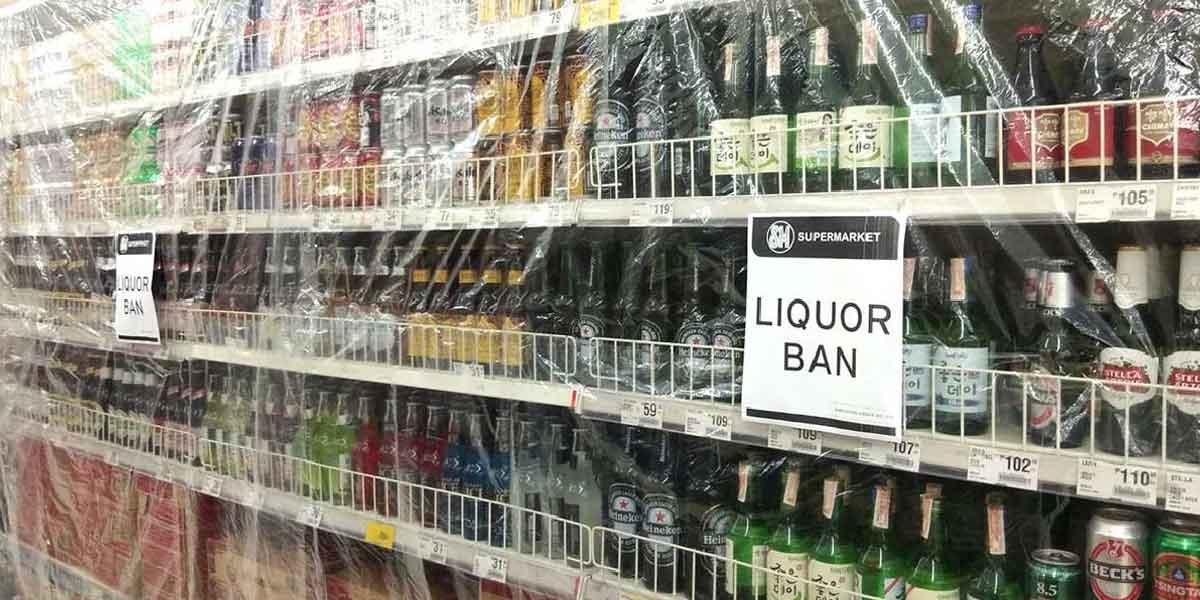
Japanese investors expressed its commitment to work more closely with Philippine officials to create more jobs and invest in the Philippines during the 10th Consultative Group meeting for the Philippines-Japan Economic Partnership Agreement (PJEPA) Sub-Committee on Improvement of the Business Environment (SC-IBE).
The Board of Investments (BOI), the country’s lead investments promotion agency, and the Embassy of Japan in the Philippines co-chaired the consultative group meeting at the BOI Main Office in Makati City on September 13, 2023.
In the meeting, 15 Japanese investors expressed their optimism about the Philippines’ economic outlook due to the promotion of liberalization and fair trade amid growing protectionist sentiment on the international stage.
Representing the Japanese delegation, Mr. Daisuke Nihei Minister for Economic Affairs, Embassy of Japan in the Philippines (EOJ) commended the Philippines for taking game-changing measures to liberalize the country’s economic policies such as the amendments to the Foreign Investment Act (FIA), Retail Trade Liberalization Act (RTLA), Public Service Act (PSA) as well as the Renewable Energy Act.
“We saw the strong commitment of the Philippine government in attracting foreign investors,” he said in his remarks.
Meanwhile, Mr. Nobuo Fujii, Vice-President of the Japanese Chamber of Commerce and Industry of the Philippines, Inc. (JCCIPI), emphasized that they are looking to create more investments and employment opportunities in the Philippines.
For the Philippines’ side, Executive Director Bobby Fondevilla of the BOI’s Investment Assistance Centre (IAC) pointed out that the meeting was an opportunity for them to adopt measures to simplify the application procedures to accelerate business in the country.
“We highlight the importance of furthering bilateral economic relations through the introduction of improvements through this consultative meeting. The commitments to be made after this meeting will improve two-way business to enable both sides to gain parity or more preferential commitments with each other’s FTA partners, this will ultimately translate to commercial gains for both parties,” he told the members of the consultative group.
“In effect, these actions will result in considerable increase in job generation and a market economy that can compete with the international community,” he added.
During the meeting, the representatives from various government agencies addressed the issues and concerns raised by the Japanese investors on Value-Added Tax (VAT) refund system, tax incentives for special economic zones under the CREATE Act, streamlining the application process for the transfer of assets in an ecozone; Green Lane structure and operation, easing regulatory restrictions for the Philippine Contractors Accreditation Board (PCAB), the Mactan-Cebu Airport Expansion Plan, and the Export controls for the mining sector.
On the Green Lane, the BOI told the Japanese investors that the One-Stop-Action-Center for Strategic Investments (OSAC-SI) it is now accepting applications for green lanes. Signed by President Ferdinand Marcos, Jr. this year, EO 18 designated the BOI as the (OSAC-SI), which shall serve as the single point of entry for all projects that qualify as strategic investments.
It also mandates the establishment of Green Lanes across all government agencies to expedite and streamline the processes and requirements for the issuance of permits and licenses of Strategic Investments endorsed by the OSAC-SI.
Both sides recognized productive discussions on the issues and concerns raised. The Philippine panel assured that the whole-of-government will continue to provide updates and coordinate with relevant government agencies to expedite the resolution of issues raised during the consultative meeting. The Japanese side was impressed by the willingness and positive intention of the Philippine government in addressing the issue.
Aside from the BOI, other attendees for the Philippine government were representatives from the Department of Trade and Industry – Bureau of International Trade Relations, DTI-Export Marketing Bureau, Department of Finance (DOF), Philippine Contractors Accreditation Board (PCAB), Bureau of Internal Revenue (BIR), the Philippine Economic Zone Authority (PEZA), and Mactan-Cebu International Airport Authority.
Improving access to market for goods traded between the two countries, the Philippines-Japan Economic Partnership Agreement (PJEPA) is a comprehensive economic agreement between the Philippines and Japan. It was ratified by the Philippine Senate and was implemented starting December 11, 2008. Since then, both countries have benefited in many ways on the areas of investments, trade in goods and services, cooperation and trade facilitation, movement of natural persons, intellectual property and customs procedure
The PJEPA Sub-Committee on the Improvement of Business Environment (SC-IBE) is one of the twelve (12) Sub-Committees under the PJEPA. Under Chapter 13 (IBE) of the Agreement, both parties shall promote cooperation to improve the business environment in the area of the parties.
The Sub-Committee holds consultative meetings to discuss issues and concerns on business environment covering the following: newly introduced laws and regulations; improvement of country logistics; tax related concerns; consistency of investment framework; human resources; development in industrial sectors; final withholding tax on ODA projects; and other related and relevant matters for the improvement of business environment in the Philippines and Japan.
















